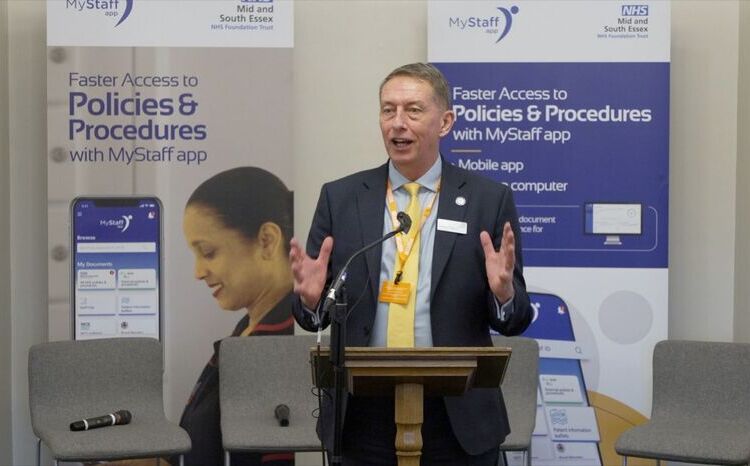CQC criticises lack of discharge info
- 4 April 2011
The NHS is still failing to provide patients with enough information when they are discharged from hospital although overall standards in health and social care services have improved, according to the Care Quality Commission.
The CQC’s report to Parliament on the state of health and adult social care in England in 2009/10 said there had been major improvements in areas that really mattered to people, including waiting times for NHS treatment.
However, the CQC said a key area of concern was failure to provide enough information to patients on discharge which they said had shown no improvement.
The report found that more than a third of patients (37%) were not given written or printed information about what they should or should not do after leaving hospital and 45% said they did not have enough information on possible side effects.
A further 18% said they were not given clear or written printed information about their medicines. The CQC said feedback from its outpatient survey raised similar issues.
Discharge information for both patients and GPs has been a consistent source of concern in the health service. Since April last year NHS trusts have had a contractual requirement to provide discharge summaries to GPs with 24 hours but many are thought to miss that target.
The CQC also said that, contrary to Department of Health guidance, more than half of inpatients (53%) did not receive copies of letters sent between hospital doctors and GPs with 56% of outpatients also not receiving such letters although the numbers doing so had increased from 2008.
The commission did praise the NHS for its work on patient choice. It said improved practices in many acute hospitals and among many GPs had increased convenience for patients with more choice in appointment times, choice of location of care and choice of providers.
It found that 31% of patients who had had an elective admission recalled being offered a choice of hospital and 59% said they did not mind not being offered a choice.
The survey also found that 34% of outpatients were offered a choice of appointment times, up from 30% in 2004. The percentage of patients treated within 18 weeks increased from 48% in March 2007 to 86% in March 2008.
The CQC said its monitoring and analysis work in 2009/10 was also continued to identify “mortality outliers” and that it was working closely with any hospitals in which such issues arose, to ensure they understood the underlying causes and took action to resolve them.
The CQC said it dealt with 111 mortality alerts in 2009/10, 35 of which resulted in trusts submitting a plan for improvement. In the remaining cases, it said the trusts provided sufficient evidence that the alert was not related to quality of care.
CQC chair Dame Jo Williams said: “There have been significant improvements in outcomes for people who use services and these services should be congratulated for the work they have done.
"However, the overall picture is far from perfect and it will be vital for all parts of the health and social care system to continue this upward trend and consolidate the best of what has worked well for people who use services.”
She said the next few years would be a crucial time for health and social care in England and added:
“We hope that in future service providers and commissioners don’t lose sight of the good work that has already been done. The truly good care is care that is centred around the individual and tailored to their needs.”
The commission said it had introduced a new system for regulating health and social care providers which worked more in real time and enabled it to respond more quickly to poor standards or quality and safety.




